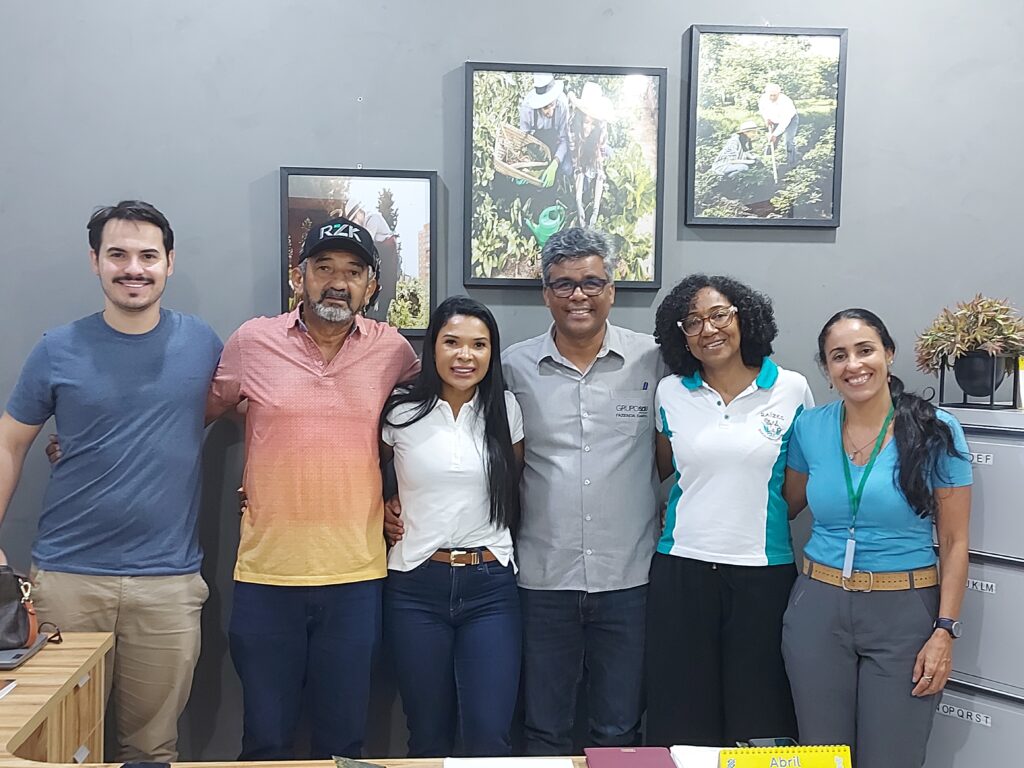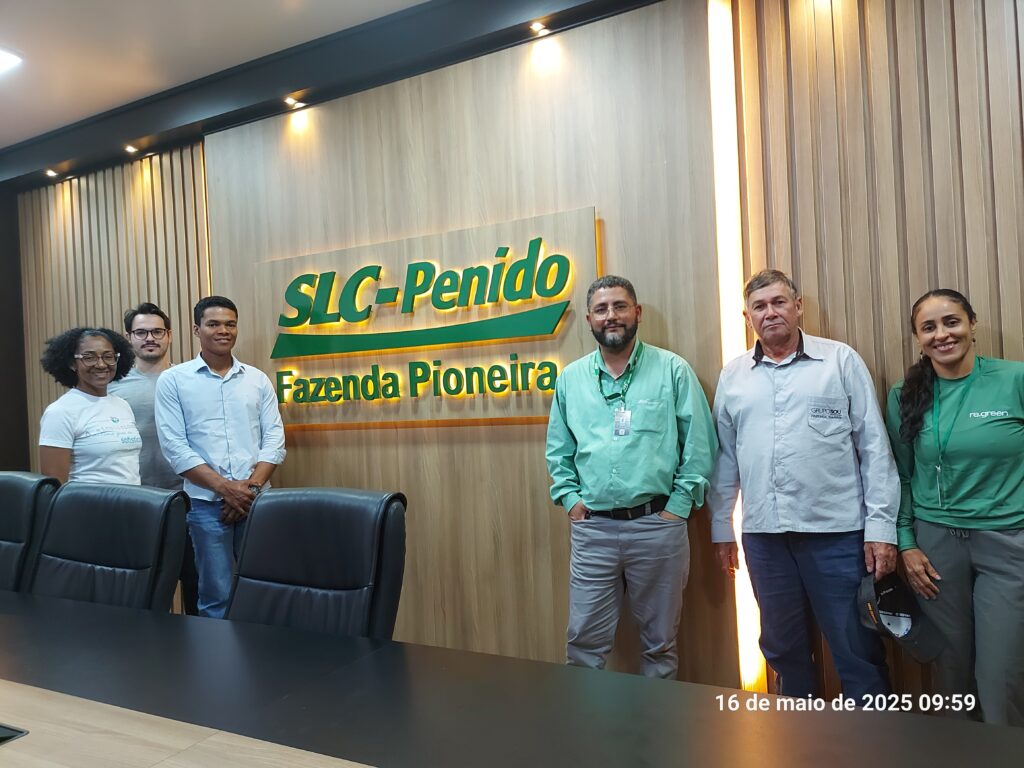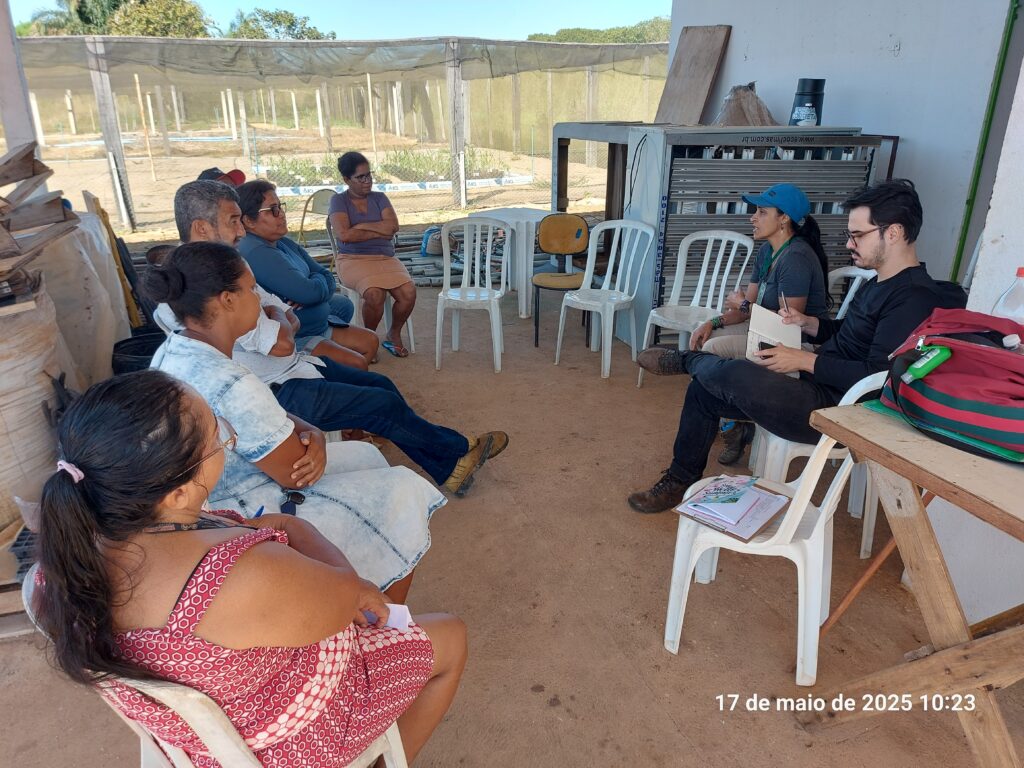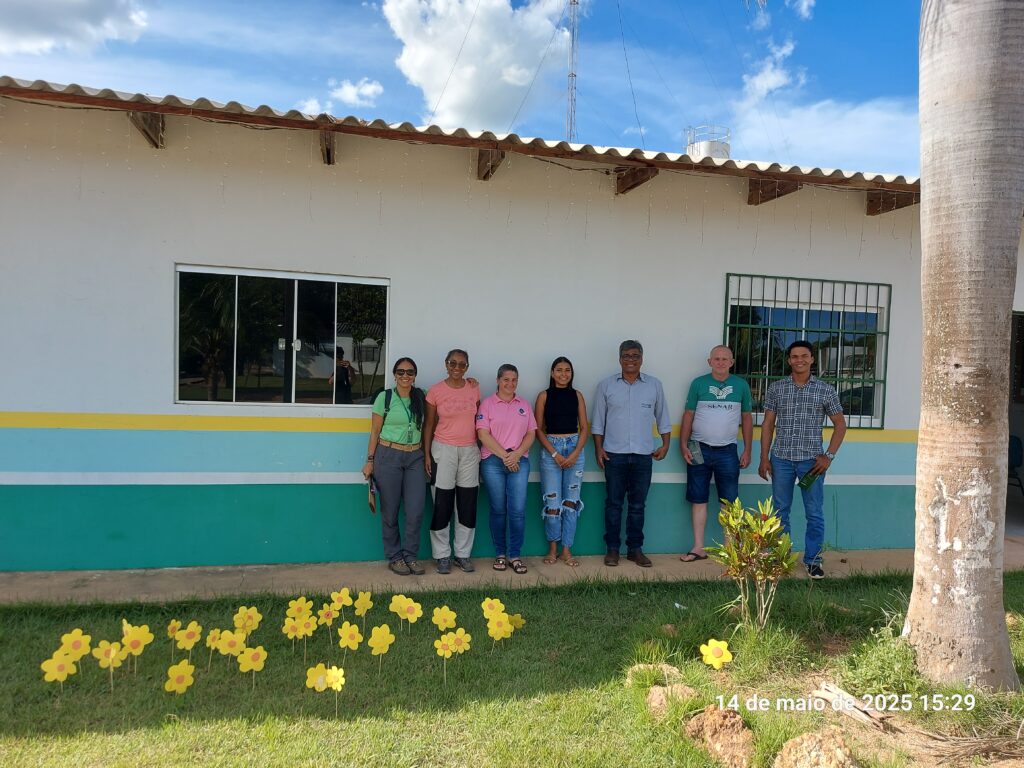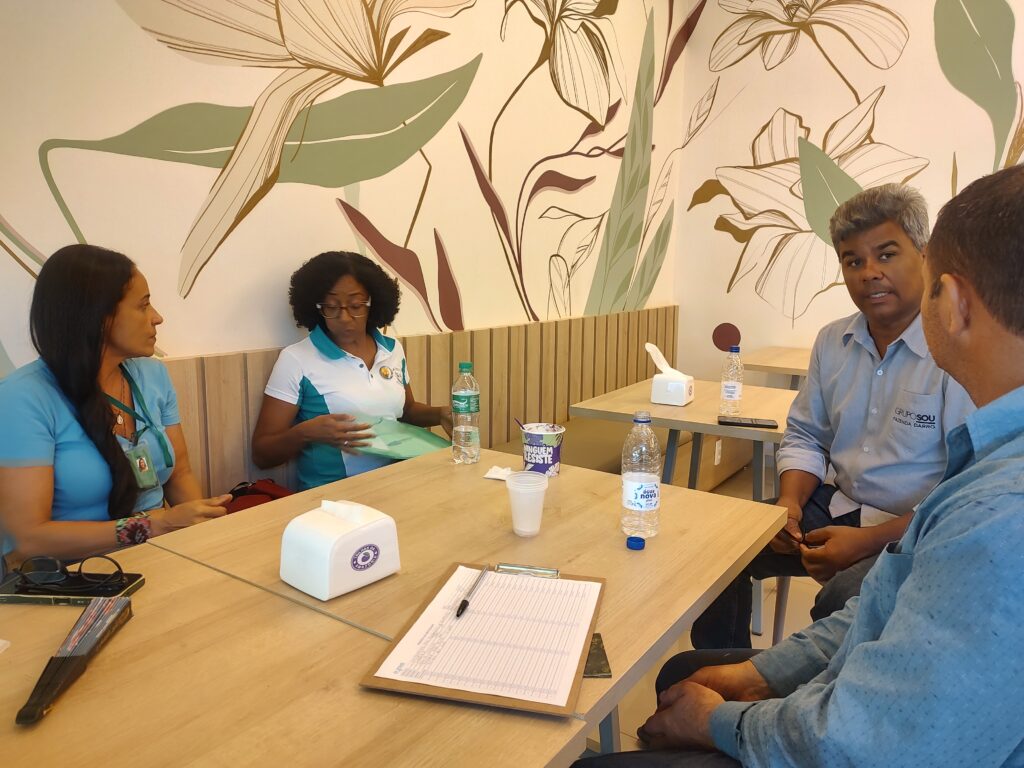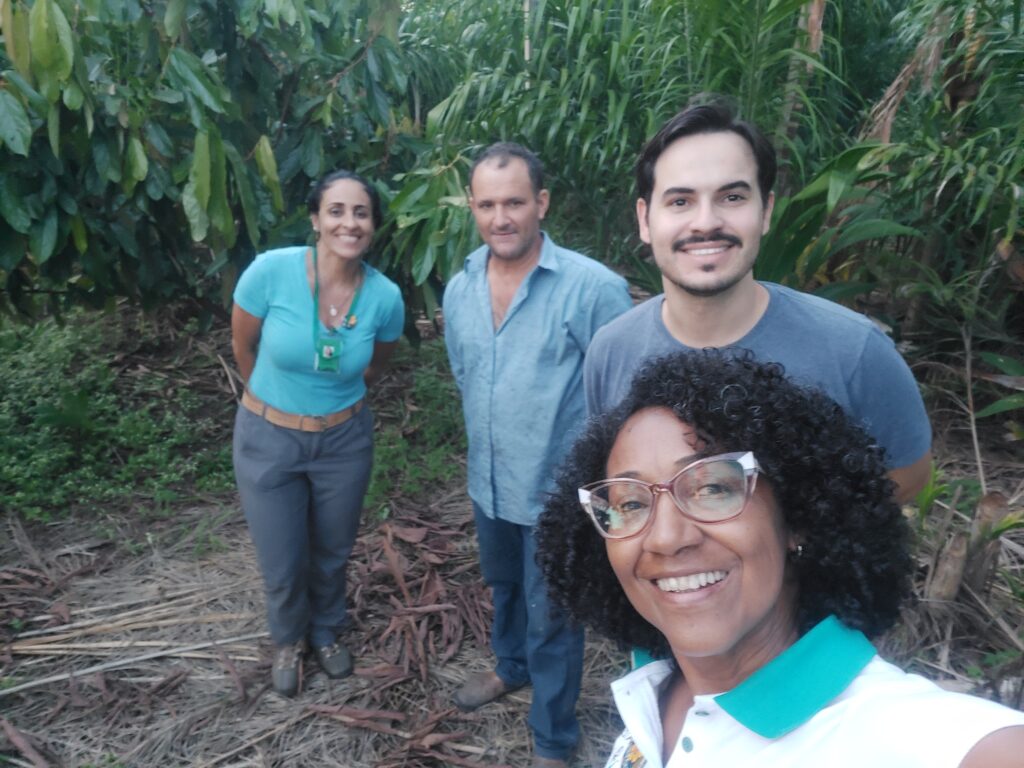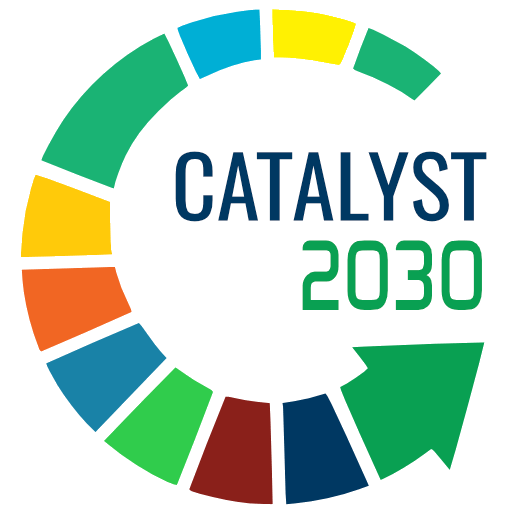Re.green: Agro Penido
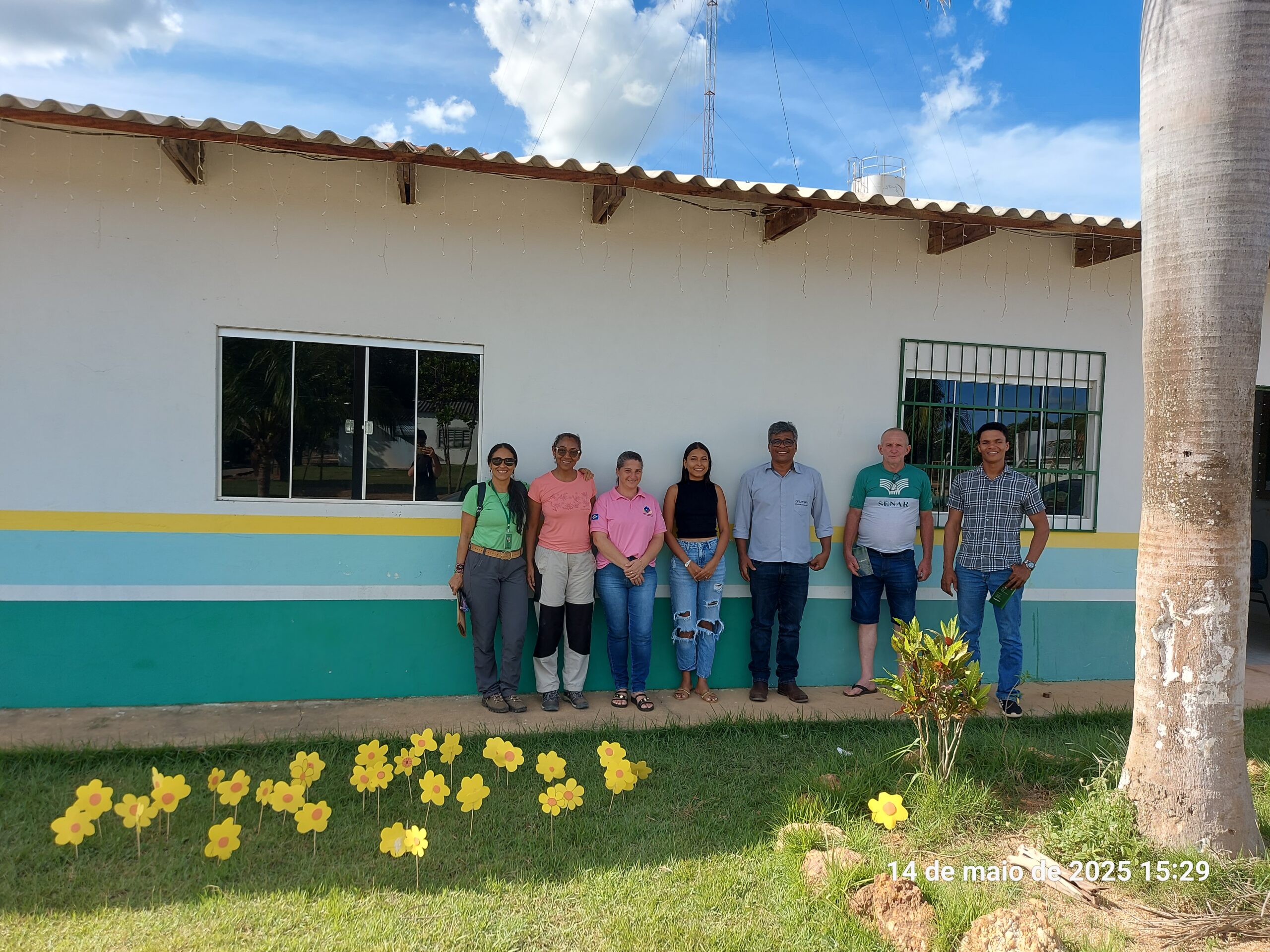
Raízes Sustainable Development was contracted to carry out the stakeholder identification process, characterization and consultation of key players for the start of the re.green project in partnership with Agro Penido (Fazenda Pioneira and Fazenda Darro), in the municipality of Querência (MT), including risk assessment. re.green is a Brazilian large-scale tropical forest restoration company that aims to restore at least 1 million hectares of threatened tropical ecosystems in Brazil, such as the Atlantic Forest and the Amazon biome, promoting biodiversity conservation. When new properties are included in the re.green portfolio, the local listening process, which is the subject of this contract, is carried out by a qualified third party. This process is the first activity that re.green carries out on a property, prior to any operational activity, so that its results guide the local implementation strategy. The replication of re.green’s internal protocol consists of the stages of identifying, characterizing and consulting local actors within a 20 km radius of Fazenda Pioneira (Agro Penido) and includes the following steps:
- Secondary data collection
- Field preparation
- Social listening
- Consultation
Systematizing information
Agro Penido is part of the legacy of Fazenda Roncador, one of the largest farms in the world in terms of productive areas in a single extension, which developed and implemented an ecosystem of cattle, pasture and soybeans. It is made up of two properties, Fazenda Darro and Fazenda Pioneira. Fazenda Pioneira was founded on March 25, 2013 as a result of a joint venture between SLC Agrícola and the Dois Vales group. In its first harvest (2013/14), the farm began its activities by planting 8,756.82 hectares of soybeans, progressively expanding its operations. In the 2015/16 harvest, the cultivated area increased to 19,469.27 hectares of soybeans and 7,568.88 hectares of corn. In 2024, they agreed to expand until the 2043/44 harvest. Initially, the production and marketing of agricultural commodities at Fazenda Pioneira was limited to an area of 20,000 hectares, but another 18,700 hectares were added, bringing the total productive area to 38,700 hectares as of 2024.
Main results
The surveys and secondary data made it possible to identify stakeholders and institutions of interest and, as this is the first partnership between re.green and a rural landowner, Raízes proposed methodological adjustments for this business model. Since re.green is not the only front in the partnership, efforts were made to converge the approach in the territory. Based on the information collected from the stakeholders, a stakeholder map was drawn up, a visual tool that makes it possible to identify, understand and categorize the particularities of each stakeholder and guide the strategic actions of re.green’s entry into the territory. This tool favours a structured process for identifying, analysing and prioritizing stakeholders, understanding their needs, expectations and levels of influence, as well as highlighting which points need attention. The most appropriate way of analyzing the stakeholders in this project was the Heat Map.
As visual analytical material, the Risk Matrix was developed, a management tool used to identify, assess and prioritize signals that could impact the objectives or execution of a project. Its structure is based on organization into categories, describing the causes, possible impacts and response measures for each situation identified. This systematic approach helps to anticipate challenges and plan actions that minimize impacts, or even prevent risks from materializing. In essence, the risk matrix integrates elements such as the identification of potentially adverse events, the analysis of their consequences, the probability of occurrence and the definition of responses and contingency plans. These surveys and the resulting analysis tools enabled Raízes to highlight that the context analyzed presents institutional and social conditions for the forest restoration proposal to move forward in a structured way, and could even serve as a regional reference. If there is interest from re.green and the partner property, this project could act as a catalyst for similar initiatives, helping to expand the adoption of sustainable practices and the diversification of land use in the territory.
External links
Do you identify with our purpose and believe that our services can help you and your organization achieve the impact you crave?
Receive our news by email
© Raízes Sustainable Development
Site by NaçãoDesign

